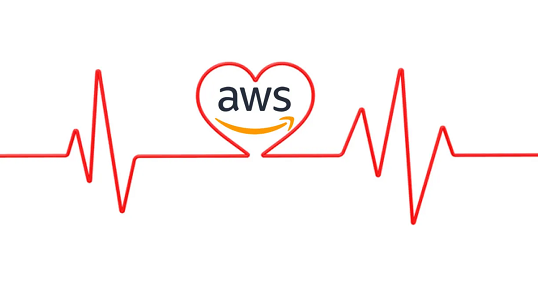What exactly to modernize and how to do it depends on the organization's goals. Any software from mission-critical EHR, imaging, telehealth, scheduling, workforce management, monitoring, and analytics tools, to monolithic operational, clinical, and claims systems currenly running on-premises could be on this list.
Reasons to Modernize Healthcare Software
Some organizations need to create a single modern platform that can do the same job as several apps hastily implemented in 2020. Others have accumulated technical debt and application sprawl stemming from growth through mergers and acquisitions. Some want to provide mobile access for patients and providers. For others, the priority is strengthening the security of legacy applications that handle patient data, which otherwise can pose a serious risk and cause harm.
Healthtech companies seek modernization if legacy health systems and apps run code written decades ago, require extra levels of support, aren't nimble and scalable, fail to deliver expected outcomes, or meet data-sharing demands from regulations like the Interoperability and Prior Authorization Final Rule. Costs to maintain such apps increase over time. There may be no one who can fix anything in them: the system is so highly customized that it's very hard to update, migrate, and extend.
Benefits of Healthcare Software Modernization
Moving to more efficient cloud-based servers gives old software new computing power and extends the life of legacy apps that are still necessary. It lowers application maintenance and resource costs while increasing year-over-year savings on infrastructure, since outdated apps are expensive to maintain and require specialized labor. The rehosting option of cloud modernization typically comes with immediate cost savings.
Migrating healthcare applications off-premises brings better security, easier implementation of new features, and adoption of previously unavailable technologies. Microservices allow engineering teams to develop, test, and deploy each core component of previously monolithic systems independently. Containers enable flawless deployment of the same application to multiple environments. AI helps mine insights from vast amounts of accumulated data, and BI offers ongoing monitoring of KPIs.
Modernize Your Healthcare Software With Technology Partners
Healthtech companies may not have enough time to dedicate to modernization projects, may experience skill or staff shortages, or may struggle with team buy-in. Technology partners with application modernization experience support IT leaders, enabling them to move more quickly than they could on their own. Trusted third-party tech experts complete the work by building and executing roadmaps adapted to the organization's business objectives.
How To Modernize Healthcare Software
Our goal at this stage is to agree on the modernization roadmap. It should cover all staffing, cost implications, contracting, security, and compliance issues. It is also about managing expectations regarding which applications will be updated and when.
But before that, it’s recommended to analyze the current applications' codebase, among other things, to detect anomalies in the code and evaluate the security level. We want to know the answers to a couple of important questions. Can the applications run in the cloud at all? By the way, sometimes simple cloud migration can lower data center expenses on the balance sheet, reducing operational costs. Can these apps run better after containerization or refactoring? Are they capable of scaling, or is it necessary to rewrite them? Maybe some are not eligible for modernization or require continuous modernization? Which of them should be prioritized?
Answering these questions involves gathering knowledge from relevant specialists (developers, security teams, network engineers, and others). An application portfolio assessment helps us understand how these applications depend on each other. You don’t want major downstream effects after minor changes to a core system that lead to system outages and business interruptions.
Mapping dependencies before modernization is a key step here. No data should be lost when migrating legacy applications to new platforms. Checklists on data migration, cloud presentation, and testing to ensure data accuracy come into play here.
Rate this article
Recommended posts
Portfolio

Our Clients' Feedback























.jpg)













Belitsoft has been the driving force behind several of our software development projects within the last few years. This company demonstrates high professionalism in their work approach. They have continuously proved to be ready to go the extra mile. We are very happy with Belitsoft, and in a position to strongly recommend them for software development and support as a most reliable and fully transparent partner focused on long term business relationships.
Global Head of Commercial Development L&D at Technicolor